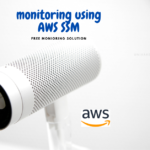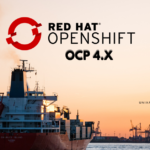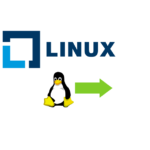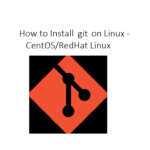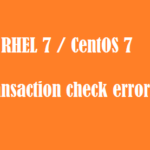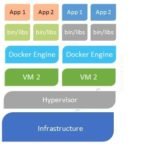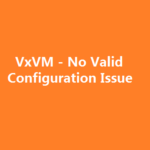Capturing and sharing terminal sessions has never been easier with Asciinema, a powerful tool for recording command-line interactions. In this blog post, we’ll explore how to harness the capabilities of Asciinema to create captivating GIF animations from your terminal sessions. Whether you’re documenting a tutorial, showcasing your command-line prowess, or simply adding visual appeal to […]
Redhat-LINUX
How to create banner messages in Linux quickly?
The banner message refers to the text that is displayed when a user logs into the system. This message is typically displayed before the login prompt and can be used to convey important information or notices to users. MOTD (Message of the Day): The MOTD is a dynamic message that is displayed to users after […]
AWS SSM Stage Manager – Custom SSM documents for Monitoring
AWS Systems Manager State Manager is a secure and scalable configuration management service that automates the process of keeping your Amazon EC2 and hybrid infrastructure in a state that you define. In our solution, we will use a state manager for running custom scripts for monitoring and alerting through the Event Bridge + SNS solution. […]
OpenShift 4.x – Single node cluster setup using RedHat CRC
How to set up Red Hat Openshift 4.x in Desktop/Laptop? Are you looking for a cost-effective solution to get the OCP 4.x lab environment? If yes, then this article is for you. Kubernetes is growing at a rapid pace and organizations are started using microservices more and more. When it comes to Kubernetes, Openshift stands […]
How to extend the root filesystem in RHEL 8 / CentOS 8?
How to extend / (root) filesystem without reinstalling the operating system ?. Is it possible to extend the root filesystem without destroying data? Is it possible to extend on the fly? The answer is yes if you are using LVM. This article will walk you through extending the root filesystem on Redhat Linux 8 (RHEL […]
Install and configure Git client on RHEL 7 /CentOS 7?
Install and configure Git client on RHEL 7 /CentOS 7? Git client is a very useful command-line utility to manage git repository from Linux. Git is the most popular distributed version control and source code management system. This article will walk you through how to install git on CentOS 7/ RHEL 7. It also walks […]
Downgrading Ansible Engine on CentOS 7/ RHEL 7
How to downgrade Ansible engine on RHEL 7 / CentOS 7 ?. If you install ansible engine from EPEL repository, it will install the latest ansible engine. I had a hard time with latest ansible engine due to incompatibility with specific tasks. For example, Openshift deployment works fine with Ansible engine 2.7 and fails with […]
RHEL 7 / Cent OS 7 – “fwupdate-efi” conflicts with “grub2-common”
Have you got the package conflict error while installing the specific package on RHEL 7 /CentOS 7? Frequently, “fwupdate-efi” package conflicts with the “grub2-common” package in RHEL 7 / CentOS 7 environment. This article will provide the step by step procedure to resolve package conflict errors. In general, if you get such error, you must […]
How to Install docker on Redhat Linux (RHEL)- CentOS ?
How to install docker on Redhat Linux (RHEL) and CentOS? How to setup the docker environment to start the first container to start exploring the container world? In this article, we are going to demonstrate the docker community edition deployment on RHEL/CentOS. We will also launch the Docker containers to test the deployment. Docker […]
VxVM – Disk group has no valid configuration copies
Veritas volume manager is robust volume manager software and mostly used on Oracle Solaris, HP-UX and Linux Operating systems. In some cases, after the host reboot, you might get an error that “Disk group has no valid configuration copies” when you try to import the existing Veritas disk group. This error common in SRDF environment […]


